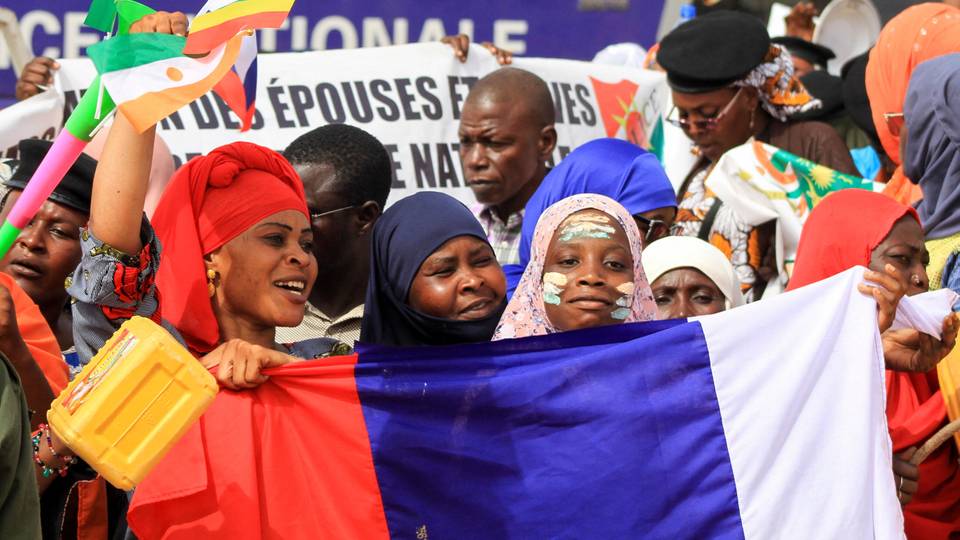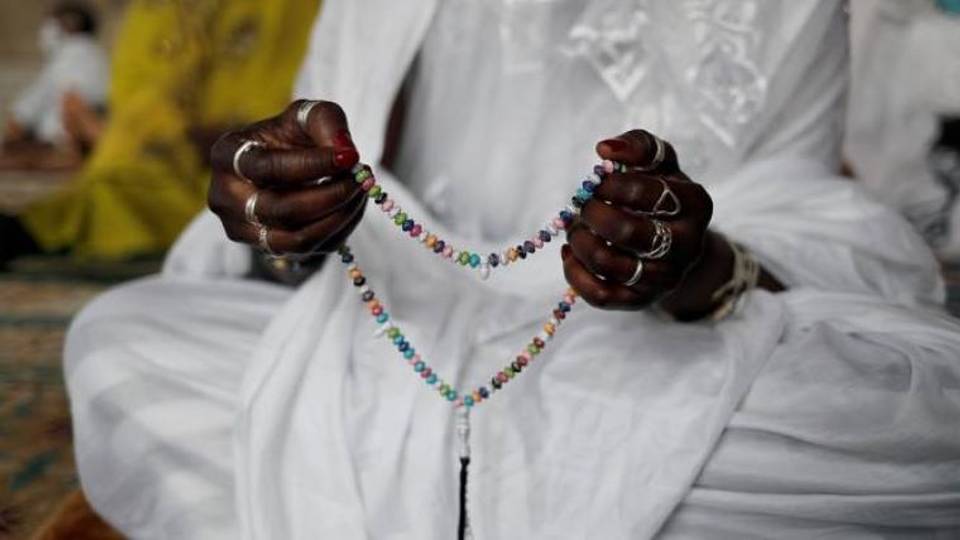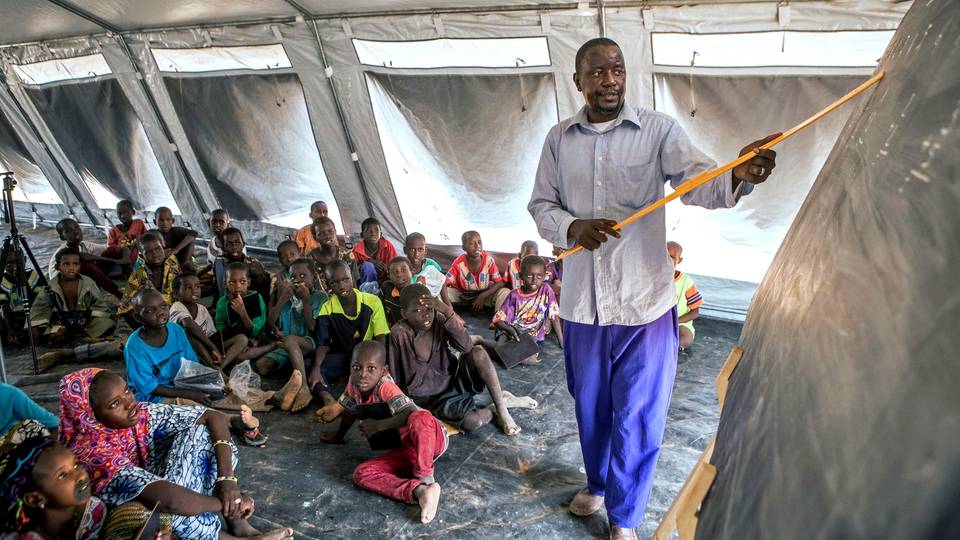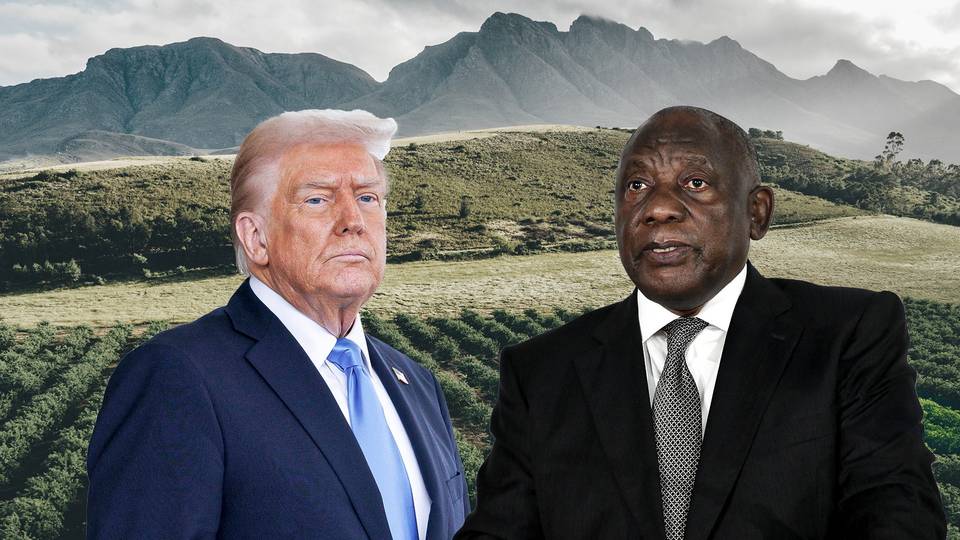Sport
Dollar
38,2552
0.34 %Euro
43,8333
0.15 %Gram Gold
4.076,2000
0.31 %Quarter Gold
6.772,5700
0.78 %Silver
39,9100
0.36 %African nations, despite their geographical distance, find themselves entangled in the fallout from conflicts.

By Mohamed Guleid
The year 2024 will be with us in a few days. For the African continent, it means a confluence of unique challenges that threaten to hinder its progress and stability.
These multifaceted hurdles stem from a diverse array of global and regional phenomena, ranging from the reverberations of conflicts in Ukraine and Palestine to the economic turbulence sparked by the US interest rate hike.
Moreover, the looming specter of climate change, persistent civil strife, and the quest for a renewed African identity further compound these challenges.
However, embedded within these adversities also lie opportunities for resilience, growth, and transformative change.
The ramifications of conflicts in distant regions like Ukraine and Palestine have intricately woven their effects into the global economic fabric.
African nations, despite their geographical distance, find themselves entangled in the fallout from these conflicts.
The repercussions materialise in disrupted trade flows, volatile commodity prices, and increased economic instability, posing additional challenges to countries already grappling with fragile economies.
Urgent imperative
Furthermore, the recent surge in the value of the US dollar, spurred by the interest rate hike, exacerbates the economic strain on African nations heavily reliant on imports and foreign investments.
This abrupt appreciation exerts immense pressure on local currencies, raising concerns about inflation and economic stagnation, thereby presenting hurdles to sustainable development.

The relentless onslaught of climate change continues to wreak havoc across the continent, exemplified by the devastating El Niño rains that disrupted livelihoods and displaced numerous communities.
African nations, particularly those in vulnerable regions, confront an urgent imperative to adapt to these shifting climatic patterns.
This requires substantial investments in resilient infrastructure and the adoption of sustainable practices to mitigate the potential onslaught of further environmental catastrophes.
In tandem with these global challenges, internal conflicts fuelled by political instability and exacerbated by extractive industries persist in various parts of the continent.
Anti-France push
The lamentable case of Congo stands as a poignant reminder of how political turmoil intertwined with the exploitation of natural resources perpetuates cycles of violence, impeding prospects for peace and prosperity.

Nevertheless, amid these tribulations, signs of an African renaissance, notably in the former French colonies of West and Central Africa, herald a crucial juncture in shaping the continent's trajectory.
Calls for sovereignty and renewed partnerships aim to reshape the narrative, fostering economic autonomy and igniting a resurgence of cultural identity.
Unrest in former French colonies has also been caused by state weaknesses, these former colonies now mainly in West Africa often stems from factors that also include political instability, economic disparities, governance issues.
Generally causes vary across countries but commonly include corruption, weak institutions, ethnic tensions, and struggles for power among political elites.

In Mali, Guinea-Bissau, and Upper Volta (now Burkina Faso), unrest has been driven by a mix of issues such as weak governance, ineffective institutions, ethnic rivalries, and insurgencies, leading to internal conflicts and power struggles.
These conflicts have implications beyond their borders, contributing to regional instability, affecting neighbouring countries, and sometimes leading to refugee crises.
Population dividends
Natural and mineral resources often exacerbate these tensions. Rich resource endowments, while holding the potential for economic growth, often lead to competition for control and benefit-sharing, fueling conflicts and further political instability.
The unrest in these regions has substantial economic ramifications, hindering development, deterring investment, disrupting trade, and causing humanitarian crises. These conflicts strain already fragile economies, leading to reduced economic growth, increased poverty, and dependence on aid.
Addressing these issues requires concerted efforts to strengthen governance, promote inclusive institutions, and foster economic diversification to reduce dependency on finite resources.
Regional cooperation and international support are crucial to mitigate the impact and resolve conflicts in these former French colonies, contributing to stability not only within those countries but across the broader African continent.
Amidst these adversities, Africa's youthful population emerges as a formidable asset—a demographic dividend capable of propelling innovation and economic growth if effectively harnessed through enhanced access to education and employment opportunities.
Furthermore, the burgeoning democratic space across the continent signifies a positive shift towards inclusive governance and greater citizen participation in shaping a collective vision for the future.
Technology revolution
As Africa advances into 2024, the continent grapples with a pivotal issue that stands as a roadblock to its development: the stark disparity in technological integration and its consequential impact on food security.
While much of the world has embraced modern technology to revolutionise various sectors, a significant portion of African nations still lags in harnessing these advancements effectively.

One of the critical areas where this deficiency is acutely felt is in the mechanization of production, notably in agriculture. Despite boasting vast expanses of fertile land, Africa's potential in food production remains largely untapped due to the limited adoption of modern agricultural practices.
This discrepancy becomes glaringly apparent when juxtaposed against the stark reality of food insecurity prevalent in many African countries.
The inability to fully utilise available arable land for productive farming exacerbates the continent's struggle with food shortages.
Consequently, millions of people across Africa face the bleak prospect of continued reliance on external relief food donations to meet their basic nutritional needs.
There is an urgency boost technology and enhance agricultural productivity in 2024.
Without substantial advancements in technology integration and agricultural innovation, Africa risks perpetuating its dependence on aid and falling short of unlocking its true potential for sustainable development and self-sufficiency.
Addressing this technological disparity stands as a critical step towards fostering resilience and prosperity for the continent.
In conclusion, the challenges confronting Africa in 2024 are intricate and multifaceted, necessitating innovative solutions and collaborative efforts on both national and international fronts.
While these obstacles may appear formidable, Africa's resilience, its burgeoning youth demographic, and the strides towards democratic governance present ample opportunities for transformation and progress.
By addressing these challenges collectively and leveraging its inherent strengths, Africa can adeptly navigate these storms, laying the groundwork for a brighter, more prosperous future.
Mohamed Guleid is a pan-African writer and the National Coordinator NEDI projects, North Northeastern Development Initiative.
Disclaimer: The views expressed by the author do not necessarily reflect the opinions, viewpoints and editorial policies of TRT Afrika.
➤Click here to follow our WhatsApp channel for more stories.
Comments
No comments Yet




















Comment